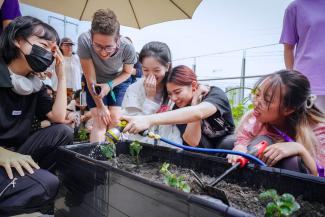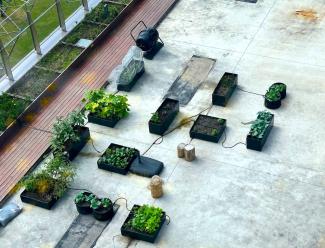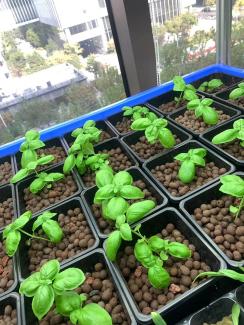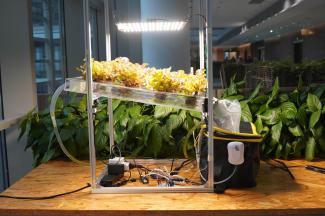The effects posed by mass urbanization, industrial agriculture and climate change have brought forth a multitude of challenges, including food insecurity, ecological degradation, and social disparities. This research group explores digital agricultural innovations and alternative uses of urban land as potential solutions to these pressing issues within hyperdense cities. By embracing a sustainable urban ecology we cultivate the idea of more resilient cities that reconnect residents with the environment and the food they eat.
On one side, we experiment with digital agricultural innovations that help optimize urban food production and resource efficiency. These innovations, such as hydroponics or vertical farming, use sensor-based systems and data-driven approaches that enable maximum yields while minimizing resource consumption. This type of controlled environment system applies to horticulture, fungiculture, algaculture, or insect farming.
On the other hand, we incorporate greenery in underutilized parts of cities, such as rooftop farms, that help reconnect residents with nature and involve them in the production of hyper-local grown food. These green biodiverse spots follow circular economy principles and provide their communities with healthier lifestyles, foster social cohesion, and also bring awareness to evolving global challenges and the future of food production.
To know more about this research group and projects, please visit www.urbanfarmingshanghai.com.












